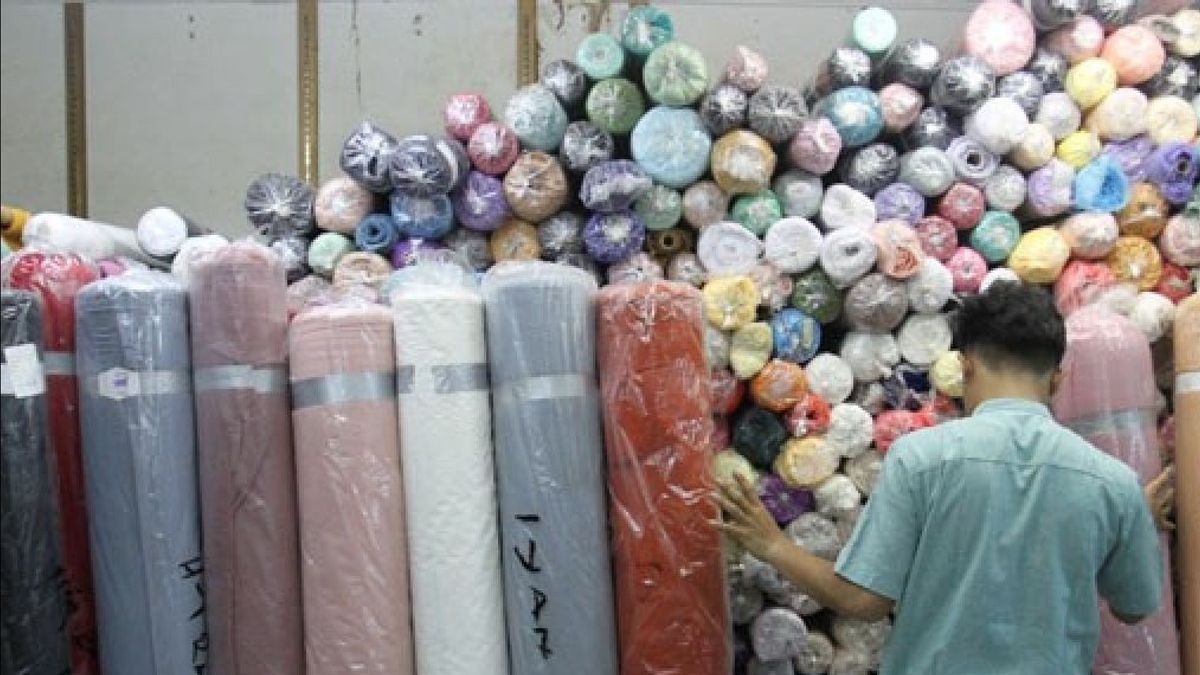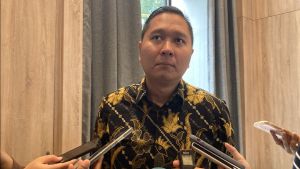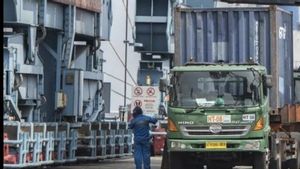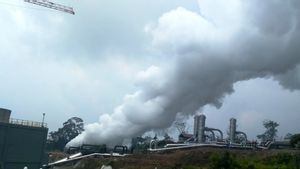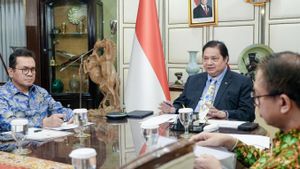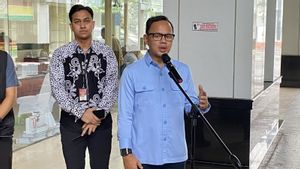The rise of termination of employment or layoffs in the textile sector to the garment is in the spotlight of the Employment Social Security Administering Agency (BPJS).
President Director of BPJS Ketenagakerjaan Anggoro Eko Cahyo said that his party had asked regional offices (Kanwil) in the regions to communicate directly with employers' representatives.
"We ask all regional offices, especially in Java, to communicate with three large companies in each region that are indeed in the garment, textile and footwear sectors. We are talking to 57 companies with 361,000 active participants. So, this represents approximately 21 percent of the working population there," said Anggoro in a Hearing Meeting (RDP) with Commission IX of the DPR RI at the Parliament Complex, Jakarta, Tuesday, July 2.
As a result, 53 percent of entrepreneurs were found to have experienced a decrease in orders. This condition has an impact on lower working hours to efficiency.
Even so, Anggoro said, as many as 43 percent of companies admitted that they had started to experience an increase in orders. This increase is mostly experienced by skin and footwear industry entrepreneurs.
"However, there are already companies that have started to experience an increase in orders as well as 43 percent. Earlier we saw that the skin and footwear industry had started to increase. Only a few are still discussing that they are still in the COVID-19 pandemic phase, which is 4.17 percent," he said.
SEE ALSO:
Anggoro said these companies have a number of government expectations. There are at least five things they want, including ease of licensing, minimum wage rules, the availability of raw materials, human resource training to tax incentives.
"They have five aspirations. They conveyed that survival requires ease of licensing for investors so that they are not less competitive with other developing countries. Second, the determination of the minimum wage that does not burden the company's finances," he said.
"Third, the availability of domestic raw materials is easy and cheap because the issue of raw materials is also important for them. Fourth, improvement and job ability training. Fifth, tax incentives," he added.
The English, Chinese, Japanese, Arabic, and French versions are automatically generated by the AI. So there may still be inaccuracies in translating, please always see Indonesian as our main language. (system supported by DigitalSiber.id)
